China and the 2016 US election
Updated: 2015-04-18 00:47
(China Daily USA)
|
||||||||
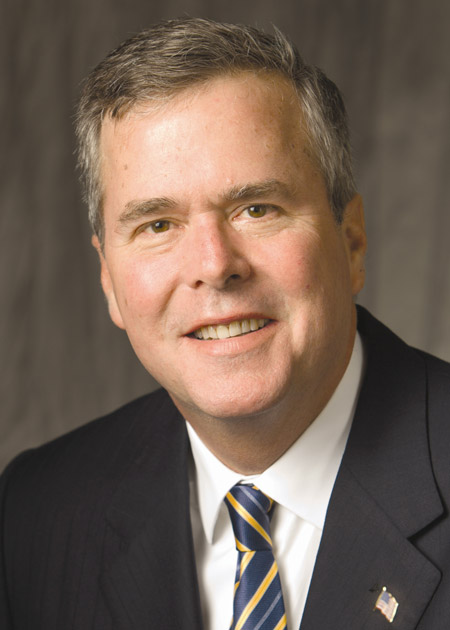 |
|
Jeb Bush, Republican, former governor, Florida |
Jeb Bush
Jeb Bush, of course, shares a political and family legacy with his father (George H.W.) and brother (George W.), both former presidents.
In a speech about China in February to the Chicago Council on Global Affairs, he said "we have an ongoing, deep relationship" with them, and he suggested to let it evolve.
He said the US needs to expand its influence in Central and South America, warning that the Chinese are playing a greater role in the politics and economies of those countries.
Earlier this year, Christie of New Jersey met with China's ambassador to the United States, Cui Tiankai. While Christie hasn't traveled to China as governor, he has taken part in some events focused on China.
In 2011, he attended a White House state dinner for Chinese President Hu Jintao, as well as a National Governors Association US-China forum.
Last year, Christie participated in an East-West Institute US-China High-Level Political Party Leaders Dialogue held in Princeton, New Jersey.
Wisconsin's Walker drew attention when he refused to talk about foreign policy on a trip to London and then for comparing his experience battling labor protesters to taking on Islamic State terrorists.
Last year Walker's successful re-election campaign accused the Wisconsin-based company founded by his opponent's father of outsourcing jobs to China.
In 2013 he led a trade mission from Wisconsin to China during which he announced the opening of the Wisconsin Center China to help bolster economic ties between the state and the mainland.
The Brookings Institution's Lieberthal believes that if the nominees are Clinton and Jeb Bush, it's unlikely that there will be any major disengagement or digression from current China policy. "Both have a lot of background on China and are likely to remain in the mainstream on China policy," he said.
Feaver, who held positions in the Bush and Clinton administrations, believes that foreign policy has the potential to become a more critical issue in the primaries rather than in the fall election.
"Foreign policy can sometimes be critical in a negative way, especially in a primary," he said.
"It was very important in the 2008 Democratic primaries in which Hillary Clinton was viewed as being much more hawkish than Obama, and the Democratic Party electorate in the primary turned out to be more dovish than expected. I believe that foreign policy is likely to be critical in the Republican primary."
After the Democrats and Republicans have settled on their candidates, attention during the campaign leading up to the November election will focus on foreign policy for at least one of the scheduled presidential debates. Although foreign policy is seldom the deciding factor or even a major issue in the fall, it can help to separate the candidates in the minds of many voters.
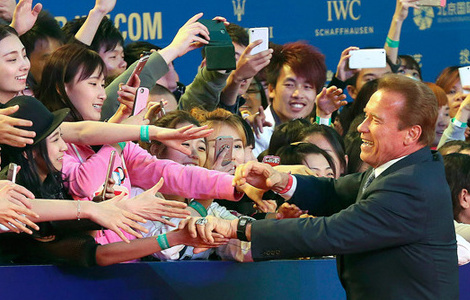
 Beijing film festival draws top moviemakers, Oscar winners
Beijing film festival draws top moviemakers, Oscar winners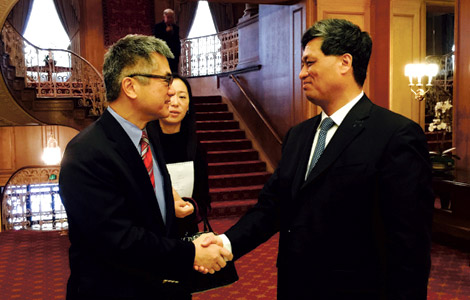
 Across America over the week (from April 10 to 16)
Across America over the week (from April 10 to 16)
 Historic hotels offer more than a view
Historic hotels offer more than a view
 Top 10 foreign holders of US Treasuries
Top 10 foreign holders of US Treasuries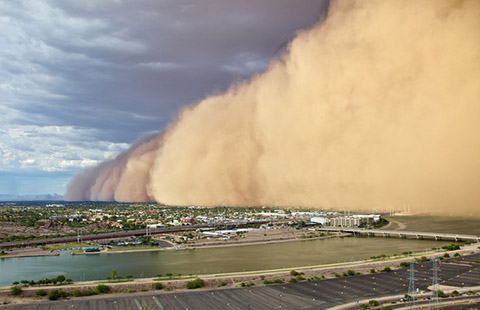
 Lost in sandstorms
Lost in sandstorms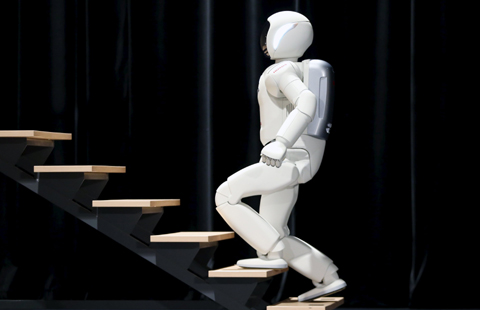
 New roles for technology: Rise of robots
New roles for technology: Rise of robots
 Strange but true: Getting ahead of the rest
Strange but true: Getting ahead of the rest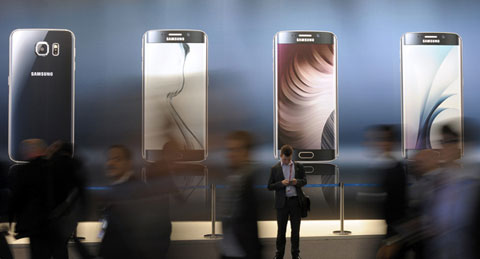
 Top 10 industries with most job-hoppers
Top 10 industries with most job-hoppers
Most Viewed
Editor's Picks

|

|

|

|

|

|
Today's Top News
China and the 2016 US election
World Bank, IMF: will work with AIIB
Ex-PM says US, China can be allies
Hainan Air links San Jose, Beijing
Carrying on a Chinese food legacy
America, Europe told to work with BRICS
Beijing film festival draws top moviemakers, Oscar winners
Chinese teachers mark progress
US Weekly

|

|







